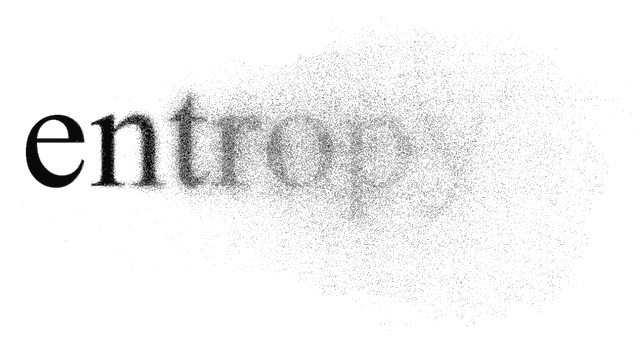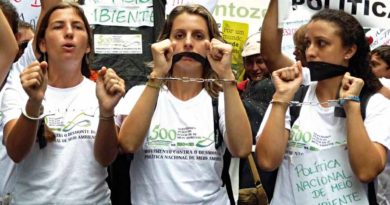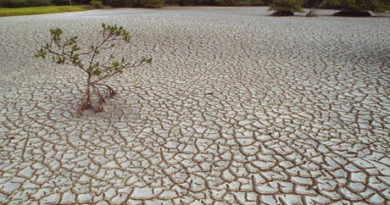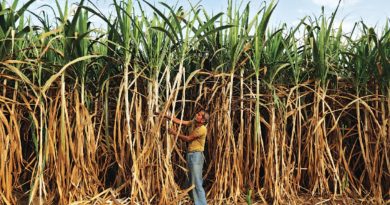Bio-economy will save us
By Massimo Pieri
Economy can be considered as the study of material and energy transformation produced by human activities, as well as the result of all economic processes strictly linked to the costs deriving from waste and dissipation. Such observation implies that economic processes are vital and, just like any other vital process; they are irreversible and seem to do nothing but turn natural resources into waste. It is patent that, given the entropic nature of economic processes, waste represents an unavoidable output; nonetheless, pollution is always mentioned only in an analytically superficial way.
It is a fact that, since the neoclassical economy bases its analytic core on the concept of abundance (or shortage) of resources in a given time span, using only the market information available in such time span, the neoclassical economy is not able to embed the concept of limitedness of a low-entropic resource or the concept of abundance of high-entropic waste. Immobility, repeatability, homogeneous cyclicity, symmetry, and balance of ad infinitum economic processes are the neoclassical tools. Conversely, dynamicity, diversity, asymmetry, heterogeneous cyclicity, homeostasis of the transformation processes represent the fundamental analytic elements of bio-economy.
As a matter of fact, vital processes are seen as “thermodynamic machines” and must refer to low-entropic sources, which is a necessary condition to their functioning since, in our world; everything useful is characterized by low entropy. This is the reason why every economic process is entropic in all the resources it makes use of. Once energy and material resources are used and transformed, either partially or totally, into waste, they can be reused (recycled) and reintroduced into the production cycle by using other low-entropic resources which imply a further burden for environment. All economic processes producing material goods contribute in decreasing the future availability of energy and materials, and consequently the future opportunity to produce other goods and material objects (Georgescu-Roegen).
The two processes, one related to material transformation and the other to economy, are entropic, but they differ since the processes of material transformation are automatic (we could define them “natural”), while in economy, the entropy variations depend on human activity, which manages and channels the use of environmental resources according to rules which vary in time and space, according to different choices. Such activity produces high entropy, i.e. more scraps, while there is no waste and no poverty in natural processes. Which is the advantage of such processes? We must understand that the real product of an economic process is not material flux and energy dissipation, but the mere enjoyment of life. Real income, work and spare time are only a material “measurement” of such flux. This is what distinguishes natural and economic processes.
Moreover, the neoclassical model is also applied in countries (like Brazil, India, China, Russia) where it is inserted in an economic cycle which presupposes limitless resources of at least one of the production factors (financial capitals, work, natural resources) and a significant waste output, while assigning to mature economies the task of deciding whether to set their social and economical scenario within such model, or leave it in favor of a bio-economic approach. A paradox must then be faced: if Western countries – which are too mature, i.e. an unavoidable waste of neoclassicism – move in this direction, they would need to imitate the economies which have always based their search for wellbeing and happiness on bio-economic basis. We are talking about indigenous people, Jews and traditional knowledge which, in turn, have already been considered as waste or scrap of the Western neoclassical economy.
All rights reserved




